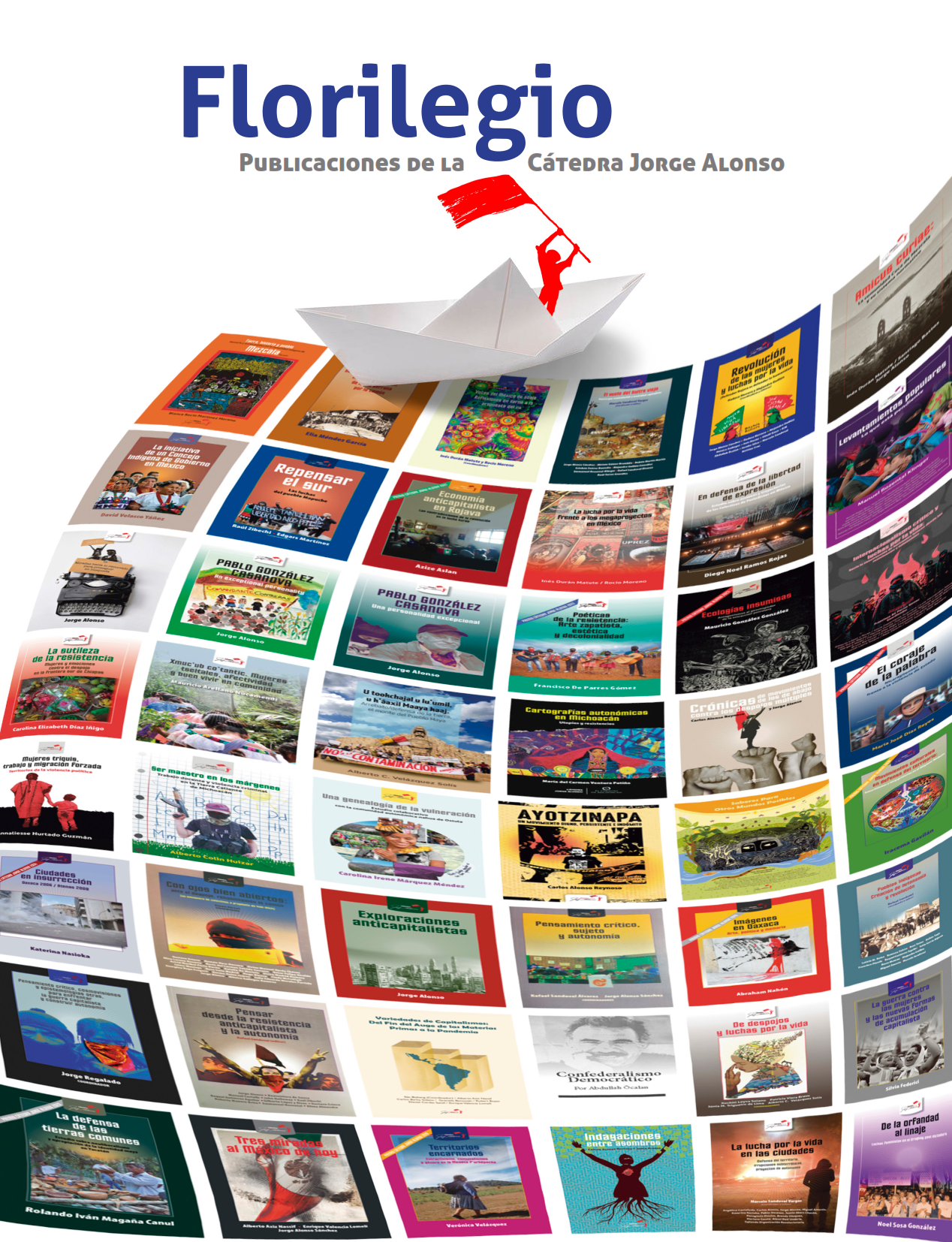Assessing E-Business at Small and Medium-Sized Travel Agencies
Resumen
ABSTRACT
This article presents an analysis by using an electronic commerce model. The model was tested in 31 small and medium-sized travel agencies in West Java, Indonesia. In the second year, we conducted a qualitative approach by establishing a focus group discussion (FGD). The content analysis was applied to obtain a clear result of various information and resources of the FGD. The results were analyzed using NVivo 10 with a process of data reduction and showing that, in terms of technological and organizational preparation, most travel agencies have managed the electronic business from customer relationship management to the system of operations.
Citas
ALMUNAWAR, M.N., ANSHARI, M. & SUSANTO, H. (2013). “Crafting strategies for sustainability: how travel agents should react in facing a disintermediation”. Operational Research, 2013. 13(3): p. 317-342.
ALTER, S. (2002). Information System: Foundation of E-Business. 4th ed. New Jersey: Prentice Hall.
ASITA, BUKU PANDUAN & MATERI RAPAT KERJA DAERAH III ASITA JAWA BARAT. (2017), Bandung: ASITA.
BARUA, A., et al. (2004). “An empirical investigation of net-enabled business value”. MIS Q., 28(4): p. 585-620.
BORDONABA, J.V., PALACIOS, L.L. & REDONDO, P.Y. (2012). “The influence of organizational factors on e-business use: Analysis of Firm Size”. Mark. Intell. Plan., 30(2).
BUHALIS, D. (2002). “eTourism: Information Technologies for Strategic Tourism Management”. Harlow: Pearson Education.
DEVONSHIRE-ELLIS, C. (2014). “Understanding ASEAN’s Free Trade Agreement”. [cited 2018 20 January]; Available from: https://www.aseanbriefing.com/news/2014/02/13/understanding-aseans-free-trade-agreements.html.
DHEWANTO, WAWAN & FALAHAH. (2007). ERP (Enterprise Resource Planning) Menyelaraskan Teknologi Informasi dengan Strategi Bisnis. Bandung: Informatika Bandung.
DUBELAAR, C., SOHAL, A. & SAVIC, V. (2005). “Benefits, impediments and critical success factors” in B2C e-business adoption. Technovation, 25(11): p. 1251-1262.
FARKHONDEHZADEH, A., et al. (2013). “E-Tourism: The role of ICT in tourism industry”. European Online Journal of Natural and Social Sciences, 2(3): p. 566-573.
GRATZER, M., WERTHNER, H. & WINIWARTER, W. (2004). “Electronic business in tourism”. International Journal of Electronic Business, 2(5): p. 450-459.
HERTWIG, M. (2012). “Institutional effects in the adoption of e-business tecnhology: evidence from the German Automotive Supplier Industry”. Inf. Organ, 22(4): p. 252-272.
HOJEGHAN, S.B. & ESFANGAREH, A.N. (2011). “Digital economy and tourism impacts, influences and challenges Procedia Social and Behavioral Sciences”. 19: p. 308-316.
INDRAJIT, R.E. (2003). “Djokopranoto, Manajemen Persediaan, Barang Umum dan Suku Cadang untuk Pemeliharaan dan Operasi”. Jakarta: Grasindo.
ISLAM, M.S. (2012). “E-business a tool to enhance tourism industry: A study on Bangladesh”. ASA University Review, 6(1): p. 167-174.
KOELLINGER, P. (2008). “The relationship between technology, innovation, and firm performance - empirical evidence from e-business in Europe”. Res. Policy, 37(8): p. 1317 - 1378.
MAHARJANTI, R.Y. (2011). Penerapan E-business system pada PT. Vayatour, in Program Studi Manajemen dan Bisnis, Sekolah Pasca Sarjana. Institut Pertanian Bogor: Bogor.
MAYRING, P. (2004). “Qualitative content analysis”. A Companion to Qualititative Research, 1: p. 159-176.
MILES, M.B., HUBERMAN, M. & SALDANA, J. (2014). Qualitative Data Analysis, A Methods Sourcebook. 3rd ed. USA: Sage Publications.
MUSA, A.A.A. (2004). “Auditing e-business: New challanges for external auditors”. J. of. Am. Acad. Bus, 4(1): p. 28-41.
NOOR, A., SURYANA, M. & AMALIA, S. (2018). “E-business readiness in Indonesian small medium size travel agencies”. Advances in Social Science, Education and Humanities Research, 259.
O’BRIEN, J.A. (2002). “Management Information Systems: Managing Information Technology in the E-Business Enterprise”. 5th ed. 2002: McGraw Hill Higher Education.
PAN, M.J. & JANG, W.Y. (2008). “Determinants of the adoption of enterprise resource planning within the technology-organization-environment framework: Taiwan’s communication”. J. Comput. Inf. Syst., 48(3): p. 94-102.
PLESSIS, M.D. & BOON, J.A. (2004). “Knowledge Management in e-Business and Customer Relationship Management; South African Case Study Findings”. Int. J. Inf. Manage., 2004. 24(1): p. 73-86.
.
POON, A. (2001).”The future of travel agents”. Travel & Tourism Analyst, 3: p. 57-80.
QIRIM, N.A. (2007). “The adoption of e-commerce communication and applicaitons technologies in small business in New Zealand”. J. Electron. Commer. Res. Appl., 6(4): p. 462-273.
SALEH, M.T. (2013). AFTA 2014: Bisnis Tur and Travel mulai khawatir, in Bisnis.com.
SPENCER, A.J. (2014). “Tourism and technology in the global economy: challenges for small island states”. Worldwode Hospitality and Tourism Themes, 6(2).
VLACHOS, I.P. (2013). “Investigaing e-business practices in tourism: a comparative analysis of three countries”. An Int. Multidicip. J. Tour, 8(1).
YOVANDA, Y.R. (2016). Kembangkan bisnis melalui sektor digital, in Sindo News.
ZHU, K., K. KRAEMER, & XU, S. (2013). “Electronic business adoption by European Firms: a cross-country assessment of the facilitatiors and inhibitors”. Eur. J. Inf. Syst,, 2003. 12(4): p. 251-268.









